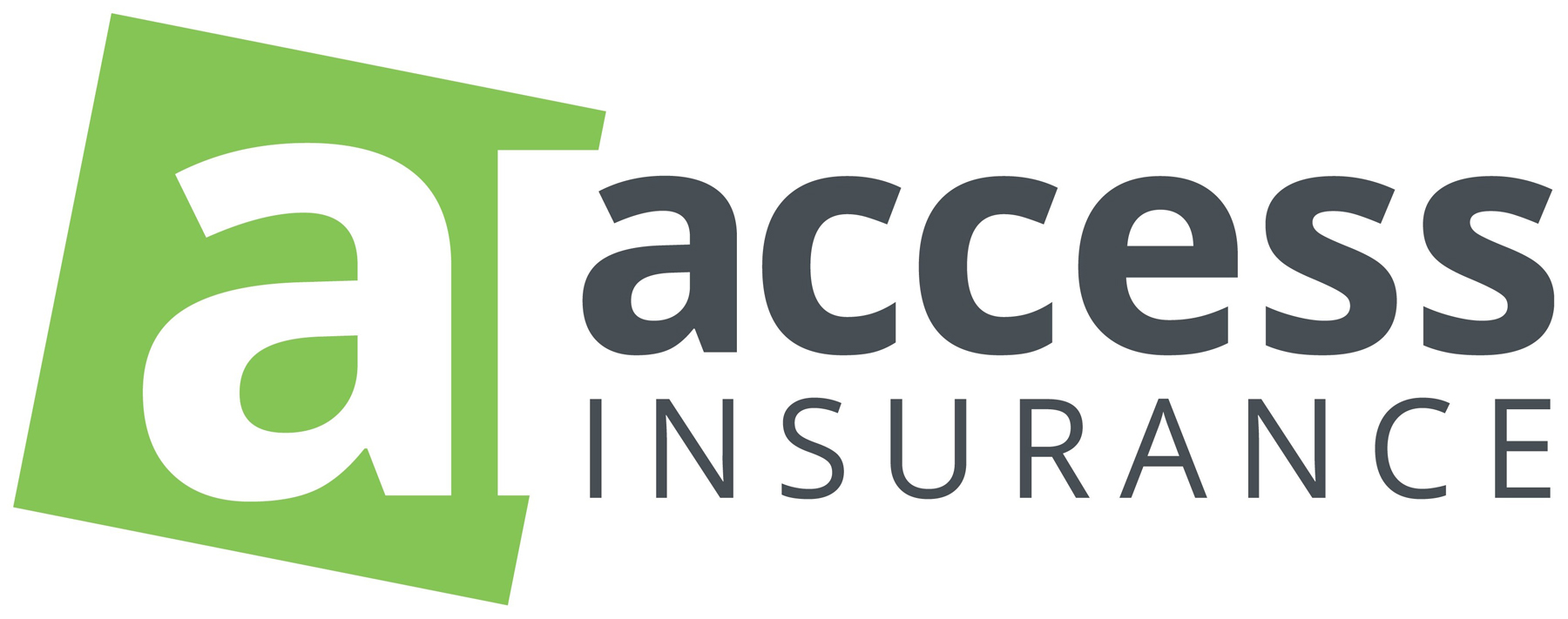How NAVCA members are supporting Ukrainian refugees
April 11, 2024

We know that NAVCA members are experts in building voluntary sector capacity and leading local networks, supporting charities and community groups, and facilitating effective partnership working. That’s why we were pleased to work with British Red Cross to distribute over £400,000 to NAVCA members to support Ukrainian refugees arriving in communities across England. In this blog post, we explore the positive impact made by local infrastructure organisations, and where we need to go from here.
The fund supported organisations who were preparing for the arrival of people from Ukraine, and better coordination of local activity. We wanted to look at filling ‘cold spots’, places where there might be a lack of support, to enhance community cohesion and integration, and improve cross-sector collaboration. So, what does this mean in practice?
NAVCA members developed local, strategic coordination of support for Ukrainian refugees arriving in communities. This established a clear picture of the services that were available, and where there might be gaps. Building cross-sector partnerships and collaborative networks (for example with the local authority) also meant that organisations strengthened relationships, enhancing their response to future emergencies. The 12-month funding period gave organisations enough time to create and embed structures that reflect local needs.
The fund enabled organisations to build capacity in terms of time and resources, as our members had time and resources to work with smaller, grassroots organisations. Focusing on language and communication was also crucial, including providing language classes in both English and Ukrainian, developing websites with specific resources, and distributing translated materials across communities.
When we asked our members about the impact of the funding, all recipients reported an improvement in Ukrainian refugees’ access to local services and activities which support them with housing, education, employment, mental health, socialisation and much more. In general, recipients reported better integration of Ukrainian refugee families, and reduced isolation and trauma caused by the war and forced displacement. Beyond that, there are more specific benefits - recipients reported greater social adaptation and reduction of stress and anxiety amongst the most vulnerable Ukrainian women. Feelings of ownership and belonging as well as empowerment through new experiences and skills were gained through training, employment and volunteering opportunities and support.
‘’It is estimated that activities funded have benefitted over 470 local organisations across England, and over 7000 Ukrainian refugees.’’
So, where next? We know that whilst the project has led to some fantastic outcomes, there is still more work to do to address critical issues including mental health, employment and access to translation. Housing was also a major problem highlighted by grant recipients. Many refugees can’t find permanent accommodation after their placement under the Homes for Ukraine scheme has ended. This is due to supply not meeting demand, and extremely high rent and living costs in many areas.
We have heard a clear message from grant recipients that many of these issues need to be addressed at a strategic (government) level to make lasting beneficial change. NAVCA members are doing what they can to support people, but on a reactive basis. Our members will continue to ensure Ukrainians can live their full life in a new context, and we will seek to influence the systemic change needed so that everyone can thrive in their communities.



